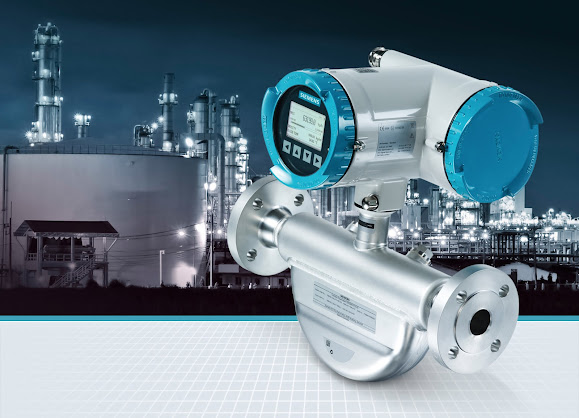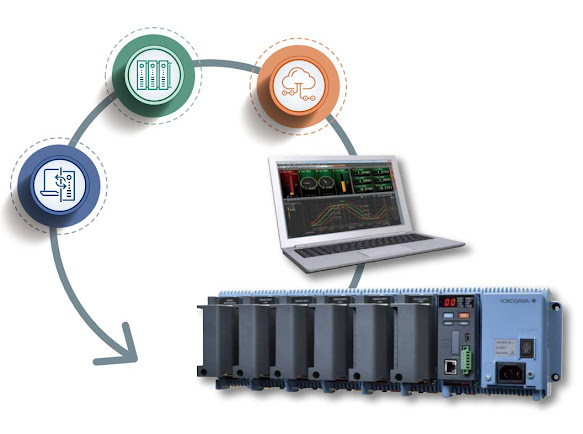Why Are Temperature Monitoring Sensors Essential in Every Industry?
In today's fast-paced and technology-driven world, effective temperature monitoring devices and sensors have become an essential tool in various industries. These sensors play a crucial role in ensuring the safety, quality, and efficiency of processes in industries ranging from food and beverage to pharmaceuticals and manufacturing.
In this blog post, we will explore the importance of temperature monitoring sensors in different industries and understand why they are considered indispensable.
1. Ensuring Product Quality
Temperature monitoring sensors are vital in industries where product quality is paramount. For example, in the food and beverage industry, maintaining the right temperature is crucial to prevent spoilage and ensure food safety.
Temperature sensors help monitor the temperature of perishable goods throughout the production and storage process, ensuring that they meet quality standards and are safe for consumption.
2. Preventing Equipment Malfunctions
Temperature monitoring sensors are also essential in preventing equipment malfunctions in various industries. High temperatures can cause equipment to overheat and malfunction, leading to costly repairs and downtime.
By using temperature sensors to monitor equipment temperature levels, industries can detect potential issues early on and take preventive measures to avoid breakdowns.
3. Ensuring Workplace Safety
In industries where high temperatures can pose a safety risk to workers, temperature monitoring sensors are crucial for ensuring workplace safety. For example, in manufacturing
plants where machinery generates heat, temperature sensors can help monitor the temperature levels in different areas and alert workers if the temperature exceeds safe limits.
This can prevent accidents and injuries caused by exposure to extreme heat.
4. Regulatory Compliance
Many industries are subject to strict regulations regarding temperature control, especially in sectors such as pharmaceuticals and healthcare. Temperature monitoring sensors play a vital role in helping industries comply with these regulations by ensuring that products are stored and transported at the correct temperature.
Failure to comply with these regulations can result in hefty fines and damage to the industry's reputation.
5. Improving Energy Efficiency
Temperature monitoring sensors can also help industries improve energy efficiency by optimising heating and cooling systems. By monitoring temperature levels in different areas of a facility, industries can identify areas where energy is being wasted and make adjustments to reduce energy consumption.
This not only helps industries save on energy costs but also reduces their carbon footprint.
6. Enhancing Process Efficiency
Temperature monitoring sensors play a crucial role in enhancing process efficiency in industries such as manufacturing and logistics.
By monitoring temperature levels during production and transportation processes, industries can identify bottlenecks and inefficiencies and make improvements to streamline operations. This can lead to cost savings, faster production times, and improved overall efficiency.
7. Real-time Monitoring and Alerts
One of the key benefits of temperature monitoring sensors is their ability to provide real-time monitoring and alerts. Industries can set up temperature sensors to send alerts when temperature levels deviate from the desired range, allowing for immediate action to be taken.
This real-time monitoring helps industries prevent issues before they escalate, ensuring smooth operations and minimising disruptions.
Conclusion
In conclusion, temperature monitoring sensors are essential in every industry for ensuring product quality, preventing equipment malfunctions, ensuring workplace safety regulatory compliance, improving energy efficiency, enhancing process efficiency, and providing real-time monitoring and alerts.
By investing in temperature monitoring sensors, industries can optimise their operations, reduce risks, and ensure the safety and quality of their products and processes.
.jpg)


Comments
Post a Comment